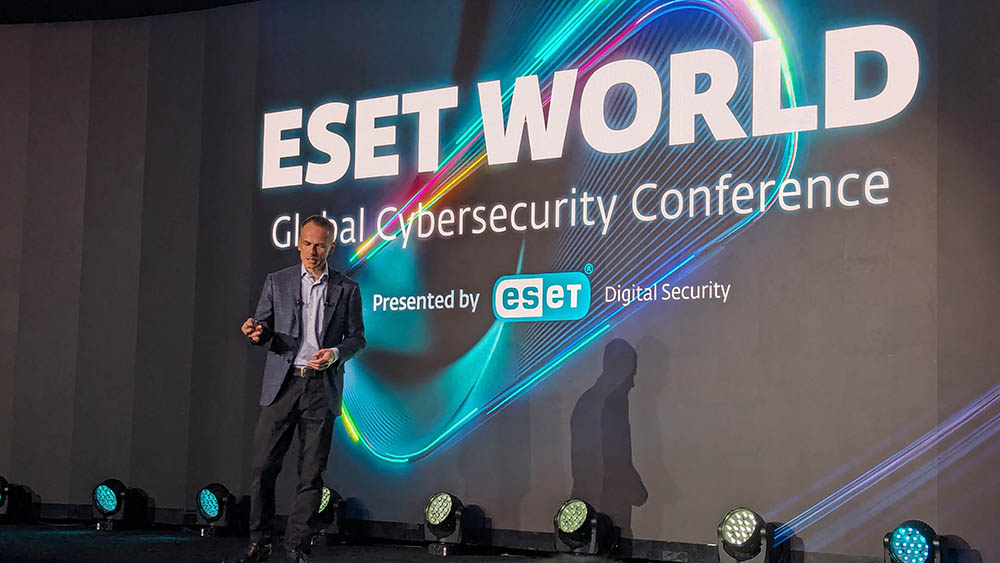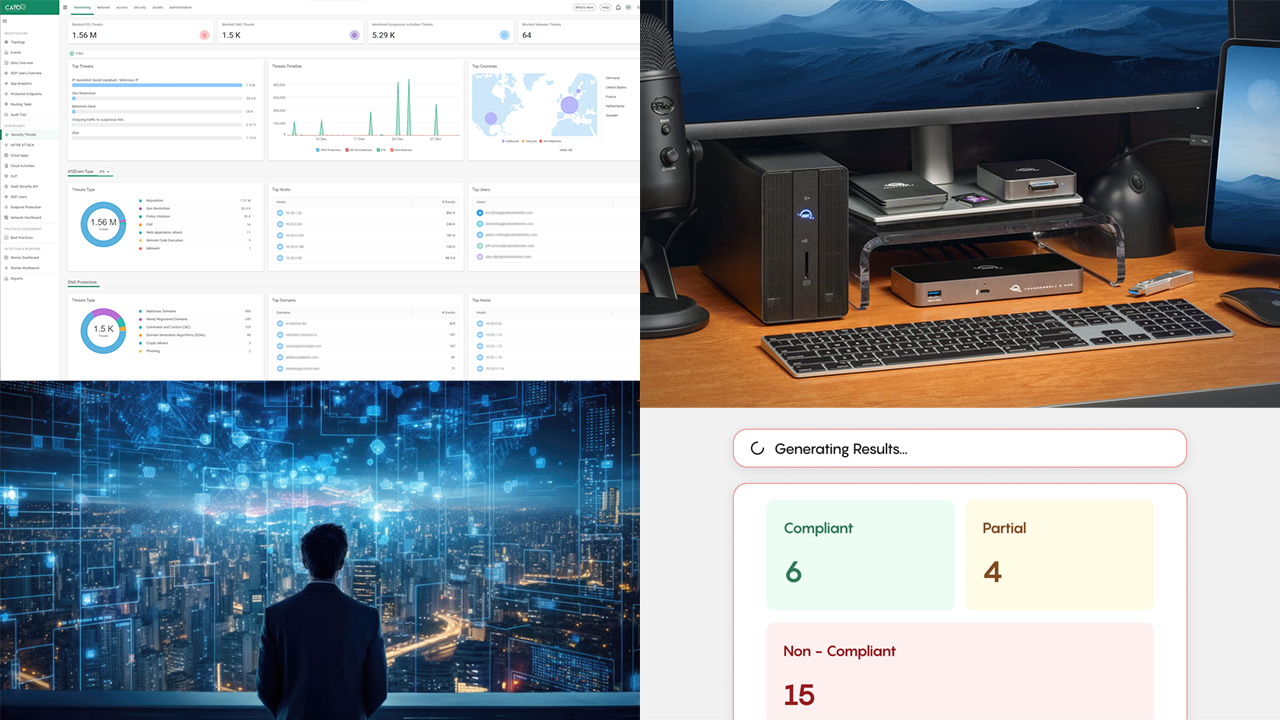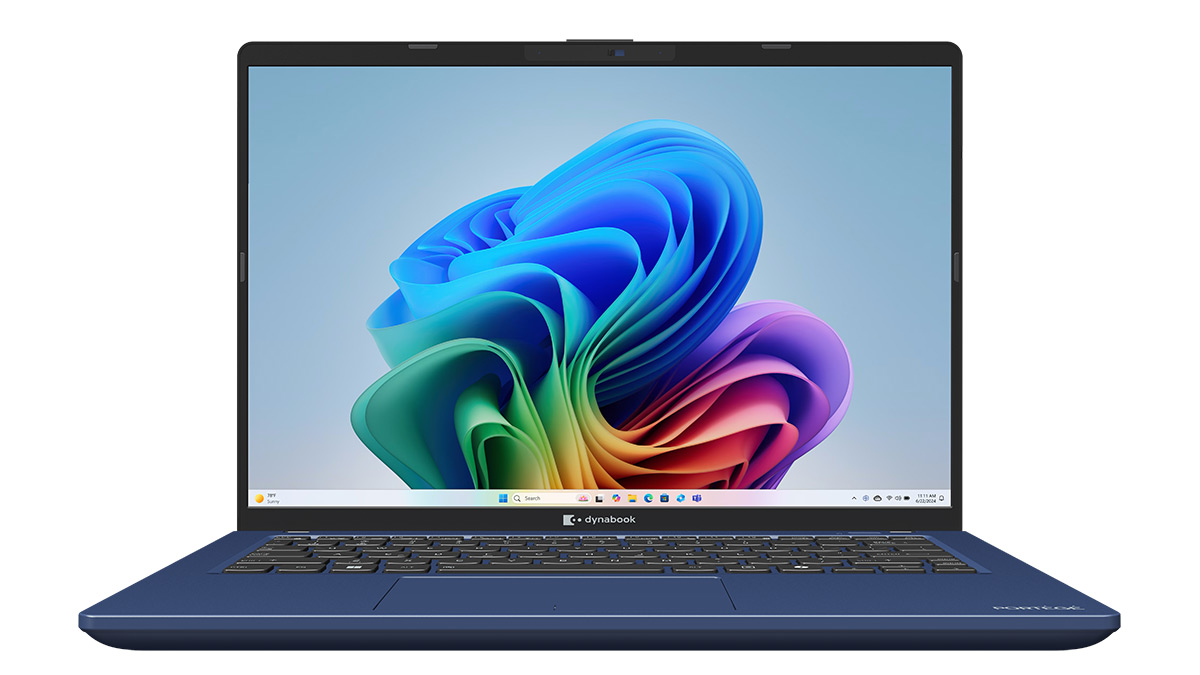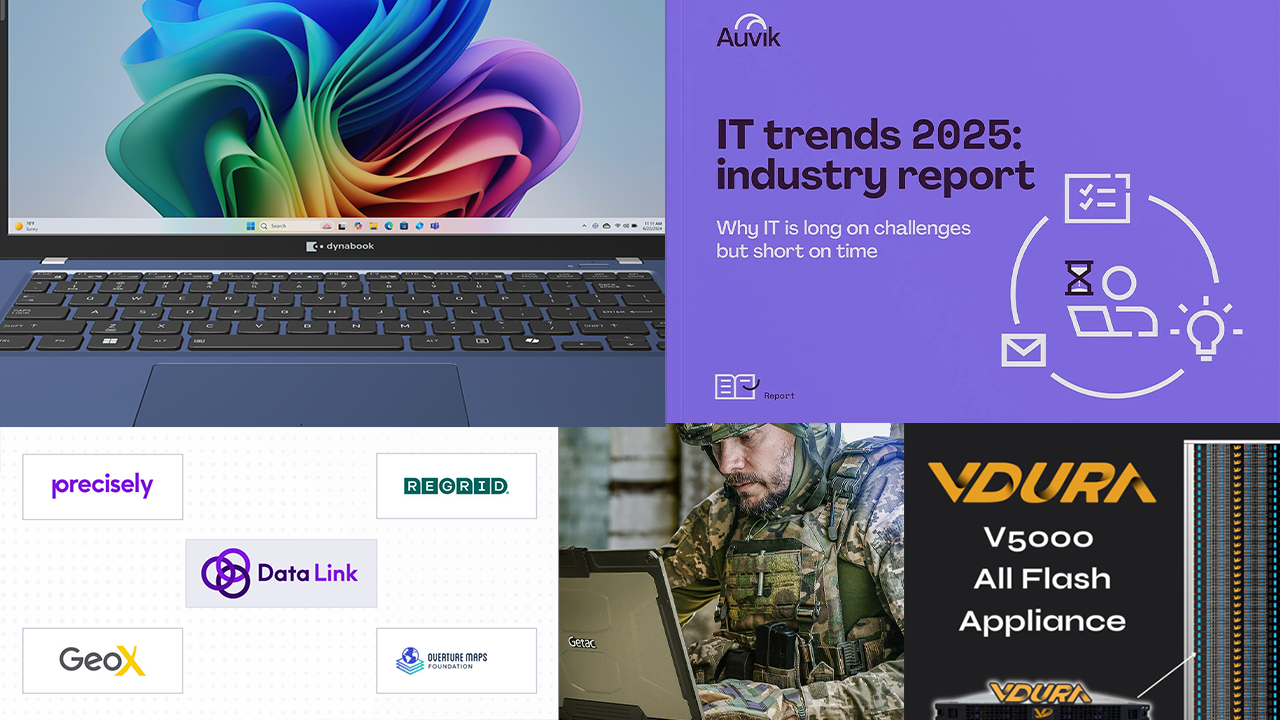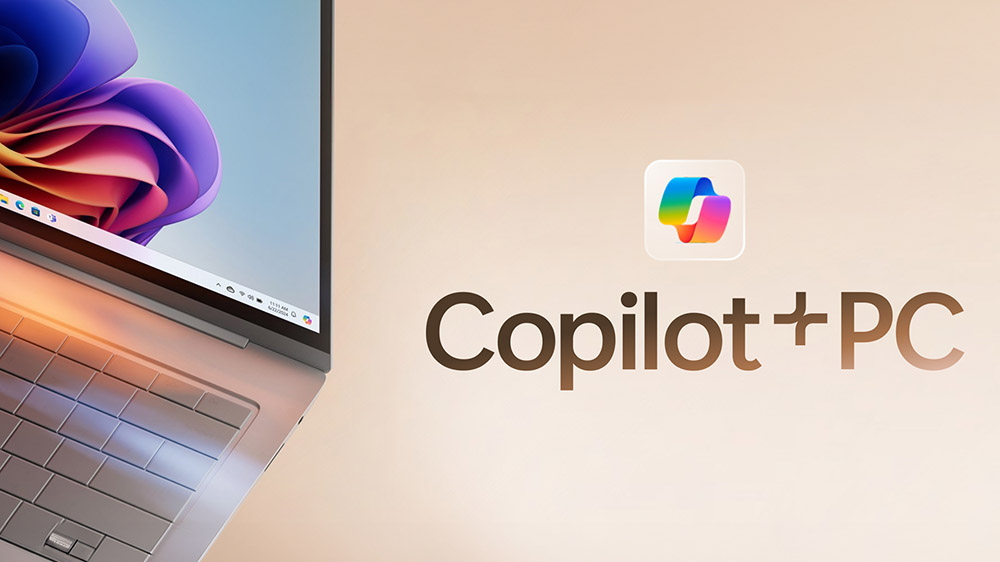Now that 2TB hard disks cost less than $100, why would anyone worry about data deduplication? Why bother with a new system when you can throw disks at the problem?
“Dedupe should be part of the modernization of data to boost productivity via data footprint reduction, storage tiering, and backup process overhaul,” says Greg Schulz, founder and senior adviser at StorageIO Group. “Get in the door with the dedupe buzzword, then address other data storage and management issues.”
Vendors define “dedupe” to fit their products, so be prepared to hear dedupe described as specialized data compression as well as duplicate files being eliminated from primary storage or backup data. Dedupe techniques can be applied to primary storage, secondary storage, during the backup process, and on storage after backup. File optimization and compression, done by hardware or software, may be labeled dedupe.
Laura DuBois, program vice president, IDC Storage Software and Solutions, did a study in 2010 of dedupe use in midsize businesses, which IDC defines as 100 to 999 employees. “We found approximately 43 percent are using dedupe, and 31 percent are in the process of implementing it.”
Mike Bollman, product marketing manager for the Quantum DXi4500 backup appliance with deduplication, says, “Our research shows that of companies with some type of dedupe deployed, there’s about a 25 percent adoption rate in companies with under 100 employees, more adoption in the 100 to 500 range, and even more in the enterprise.
Quantum Corp., a provider of backup, recovery, and archive solutions, claims to squeeze up to 20-to-1 space savings with compression and dedupe with the DXi4500, which comes in 2.2TB and 4.4TB versions. The San Jose, Calif.-based company uses a variable-block approach that beats fixed-block compression rates of 2-to-1. But do many SMBs have 40 or 80 terabytes of data to store?
“Not that many small businesses are worried about that much data in a single backup,” says Bollman. “But with our compression, you can maybe keep 90 days’ worth of backup data on your disk, including lots of restore points. Without dedupe, you may have only three or four days’ worth of backup and rollback points.”
The DXi4500 appliance list price, for hardware, software, and licenses, starts at $12,500. Other dedupe appliances for backup and data management can be found in the chart, “A Sampling of Dedupe Appliances.”
AN ELUSIVE ROI
Cam Bulanda is vice president of storage, servers, and virtualization for Insight Enterprises Inc., a Quantum reseller in Tempe, Ariz., with total revenues of $4.1 billion in 2009. “We’re bullish on dedupe and Quantum’s appliance as a best practice for data management,” he says. “The appliance is much more than just a piece of server backup hardware.”
As bullish as Bulanda is, though, deduplication remains an education process for many customers. “It’s been hard to assign a tangible return on investment for dedupe, because clients couldn’t quantify the costs of lost files, and for moving tapes around,” says Bulanda. “They figure it’s easier to throw more storage at something than to bring in a new solution.”
Despite the learning curve, Bulanda says there are ways to present dedupe to solve critical problems. “One of our customers had a data size problem,” says Bulanda. “Their backups went from 14 terabytes down to half a gigabyte. Another customer, a domestic manufacturer, needed help to stay within their backup window to avoid impacting production. Their backup was once eight to 12 hours. Now it’s down to 30 to 90 minutes.”
While companies often shuffle backup data from remote offices to larger offices, they’re finding that although disk space may be getting cheaper, bandwidth isn’t. Bulanda appreciates the appliance approach Quantum uses for such situations, since the devices are preconfigured and can be remotely managed, easing the IT burden on remote offices.
“Dedupe appliances are still pricey, but given the right metrics and situation, they will save customers money and protect their data,” says Bulanda. “In five years, we believe dedupe will be part of all new storage and backup projects.”
Story continues…
Quantum’s Bollman agrees that smaller businesses will remain slow to adopt dedupe appliances because of the cost. “When customers see the dedupe appliances are thousands of dollars, they say they can buy another type of backup or keep getting by with what they have,” says Bollman. “Good channel partners help them look at the hidden costs of their current backup process, including refreshes, restore costs, vaulting, and costs of finding removable media when a restore is needed.”
BY THE NUMBERS
Matthew Dornquast is CEO of Code 42 Software Inc., maker of CrashPlan and CrashPlan Pro on-site and online backup tools for individuals and companies, based in Minneapolis. He suggests resellers look closely at the “dedupe savings numbers” being tossed around.
“As the size of a file increases, the frequency of duplication decreases. Small files are often duplicated, while large ones are less so,” says Dornquast. “While you can achieve a 10,000-to-1 savings in deduplication, as a percentage of overall space it’s not statistically significant. Dedupe companies love to tout the savings based on frequency rather than percentage of the overall pie.”
As do all cloud backup vendors, CrashPlan “stands to substantially profit from the promise of server-side deduplication, defined as reduced bandwidth and storage costs,” says Dornquast. “We’re already deduplicating data on the client before it ever gets sent to the cloud.”
IDC’s DuBois sees dedupe becoming more important each year, and resellers should be ready. “Data volume and limited network bandwidth indicate they are going to have to either reduce one or increase the other.”
When talking to customers, StorageIO’s Schulz suggests, “Talk about intelligent compression. Clients want something smarter, more efficient, and more effective than regular compression.”
JAMES E. GASKIN is a former reseller and frequent freelance contributor based in Mesquite, Texas.
A Sampling of Dedupe Appliances
|
COMPANY |
LOCATION |
MODEL |
STARTING LIST PRICE |
|
Barracuda Networks Inc. |
Campbell, Calif. |
M190 |
$1,000 for 100GB compressed storage |
|
Data Domain LLC (part of EMC) |
Santa Clara, Calif. |
DD140 |
$13,900 |
|
ExaGrid Systems Inc. |
Westborough, Mass.† |
EX1000 |
$15,000 for 1TB compressed storage |
|
FalconStor Software |
Melville, N.Y. |
FDS RA101 |
$7,500 for 1TB compressed data |
|
NetApp Inc. |
Sunnyvale, Calif. |
FAS2000 |
$8,000 |
|
Quantum Corp. |
San Jose, Calif. |
DXi4500 |
$12,500 for 2.2TB compressed storage |
| Tandberg Data | Westminster, Colo. | AccuVault RDX | $2,999 for 1TB fixed disk and 1TB removable disk for offsite storage |
Dedupe Software Options to Investigate
In general, software vendors license their software by the amount of storage after dedupe and compression, and charge in the $1,500 to $2,500 per TB of primary storage range. Remember that 1TB of deduped storage may support 20TB to 50TB of primary storage capacity.
|
COMPANY |
LOCATION |
SOFTWARE |
PRICING |
|
Symantec Corp. |
Mountain View, Calif. |
Backup Exec |
About $1,200 per license |
|
NetBackup |
$7,995 for an enterprise server and five client licenses |
||
|
BakBone Software Inc. (part of Quest Software Inc.) |
San Diego, Calif. |
NetVault SmartDisk |
$125 per TB of primary storage Before compression; most popular licenses are in the 10TB to 20TB range. |
|
CA Technologies |
Islandia, N.Y. |
ArcServe Backup R15 |
$930 and up, but more for Exchange servers and open-file support |




